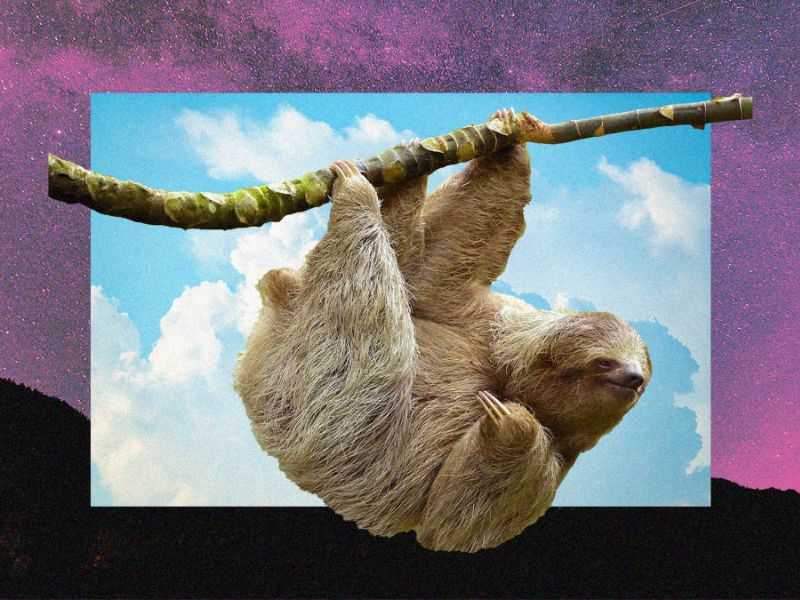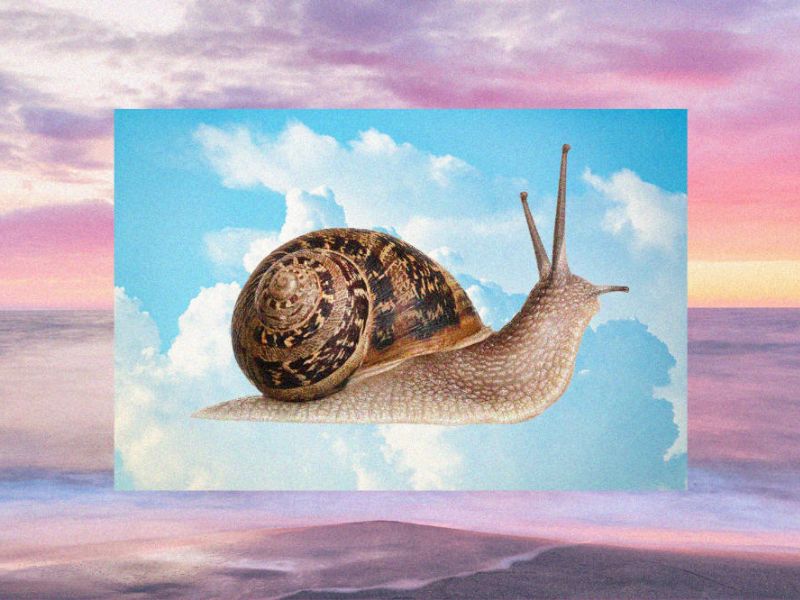For over a month, a northern Montenegro village has hosted its annual “Laziest Citizen” contest, created to challenge stereotypes about Montenegrins. Emulating the sloth’s pace might not be so bad. Compared to our fast-paced lives, many animals thrive with a slower approach. According to Ron Magill from Zoo Miami, humans rely heavily on intelligence and technology, while animals excel with sharp instincts and senses. You don’t need a contest to benefit from slowing down. Here are four lessons from our lethargic animal friends.

news.yahoo.com
Save Energy Like A Sloth
Amelia Symeou, the ecology coordinator for the Sloth Conservation Foundation, highlights their deficient energy consumption and unique survival strategies. With the slowest metabolic rate among land mammals, it takes about 28 days to digest a single leaf. Their deliberate movements and leisurely pace of 1.5 miles per hour protect against predators. Understanding these behaviors can inspire humans to conserve energy and appreciate the importance of rest in survival. So, being likened to a sloth isn’t necessarily negative!”
Minimize Resource Consumption
Recent research challenges Darwin’s “survival of the fittest” theory, suggesting a new concept: “survival of the sluggish.” Researchers examining 300 mollusk species, which included slugs and snails, discovered that lower metabolic rates were associated with increased survival odds. Low-metabolism organisms require fewer resources, which is crucial during environmental shifts. While humans are different, the study underscores the importance of reducing waste and energy consumption, especially in climate change. Embrace your inner slug, for the planet’s sake!

news.yahoo.com
Opt For The Easy Path Like Bear
The study highlights bears’ preference for energy-efficient routes in resource-scarce environments, underlining their survival strategy. In contrast to prey, bears adopt a slower, deliberate pace. While humans might have a similar inclination, it’s cautioned against maintaining good health and managing weight. Opting for rest is a wiser approach for long-term well-being, allowing the body to recharge and perform optimally. It aligns with the bears’ natural approach to conservation in challenging environments.
